January 27 2022
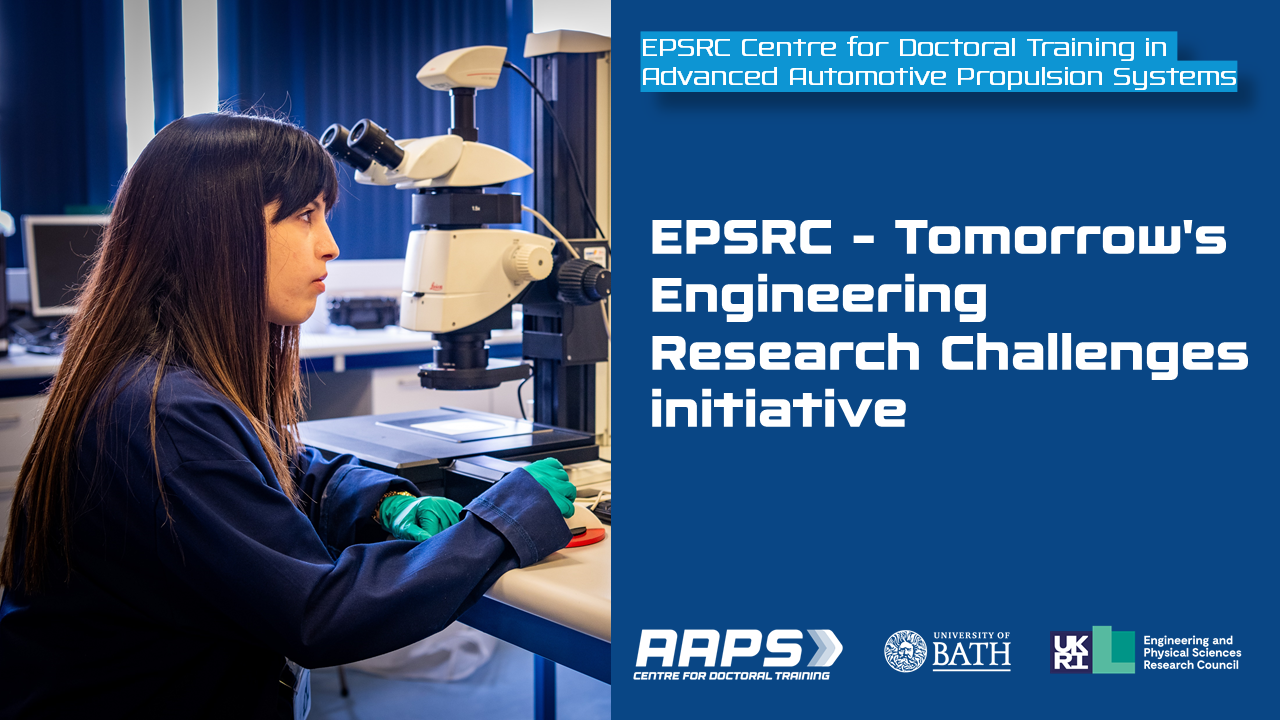
On the 18th of January I had the opportunity to represent the AAPS CDT at the Tomorrow’s Engineering Research Challenges (TERC) initiative. The event was a roundtable discussion between EPSRC co-chairs and Ph.D. students from various engineering CDTs across the UK. The aim was to engage with members of the UK research community to identify the grandest engineering challenges of the future, and debate on creative ways of working towards overcoming them.
Seventeen different CDT groups attended this event with topics varying from infrastructure, robotics, propulsion systems, fluid dynamics, material science, and synthetic biology. The students were all asked to prepare a succinct discussion of three fundamental aspect of present and future research:
Many were the future research challenges that were recognised by the CDT students which resonated with the entire group despite the different nature of our respective doctoral centres. Standardised nomenclature and units, especially with current technologies evolving faster than ever, seemed to be a fundamental challenge in all fields and something we all agreed should be addressed. Other important topics discussed were energy harmonisation, life cycle analysis, end-of-life, re-use, and recycling of conventional and alternative energy sources as well as other technologies in fields other than power and propulsion.
To persuade a greater fraction of students to remain in academia and apply for a Ph.D., the room agreed that undergraduates should be given an opportunity to better understand what the position entails. Students also believed that a more competitive stipend, a pension scheme, and a better idea of the potential stipend including an additional average of teaching hours and outreach activities should be showcased on Ph.D. applications. This is to allow for a better estimate of quality of life. Paid internships and travel opportunities were also discussed as appealing incentives for students.
The main threats listed were the lack of security the Ph.D. gives, society’s perception of postgraduate students as adults with no real-world experience. The discussion then diverted onto the subject of widely spread imposter syndrome due to the increasingly interdisciplinary nature of current Ph.D. projects, which cannot be limited to a single subject, leading to some students feeling inadequate in their roles. Positive sides of living the life of a Ph.D. candidate were also discussed. Many people have underlined the good feelings arising from knowing they are contributing towards a better society and a cleaner world. A Ph.D. also gives the opportunity to remain in academia as well as giving an insight on project management, a useful skill particularly appreciated in the industry world.
Despite most of the session was focussed on raising concerns and allowing for feedback, the EPSRC created a very welcoming environment for discussions, and it portrayed itself as being actively concerned in making the world of research a more inclusive, stable, and safe environment that is ready to welcome anyone with a love for knowledge and a genuine interest in the engineering challenges of today and tomorrow. As a last thought, it would be good to see the many other CDTs existing outside of engineering take part in similar events to discuss the fundamental similarities and differences across a broader spectrum of disciplines and build common ground for future societal growth.
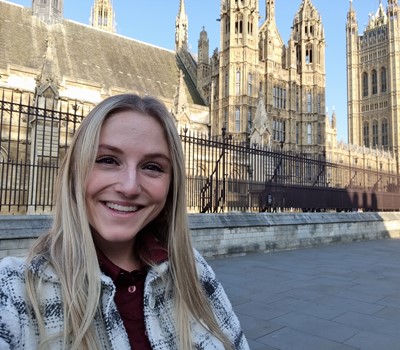
28 February 2024
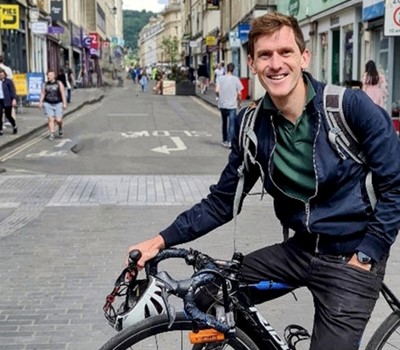
18 January 2024

29 November 2023
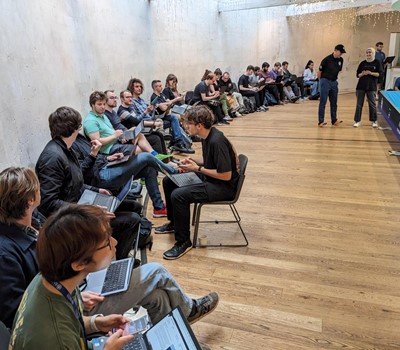
13 November 2023
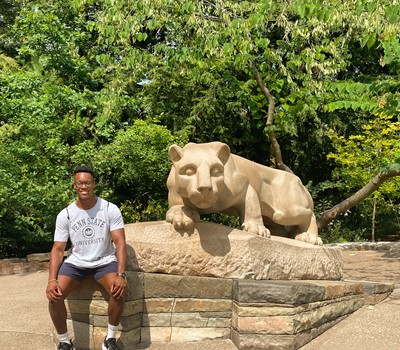
© Copyright 2024 AAPS CDT, Centre for Doctoral Training in Advanced Automotive Propulsion Systems at the University of Bath